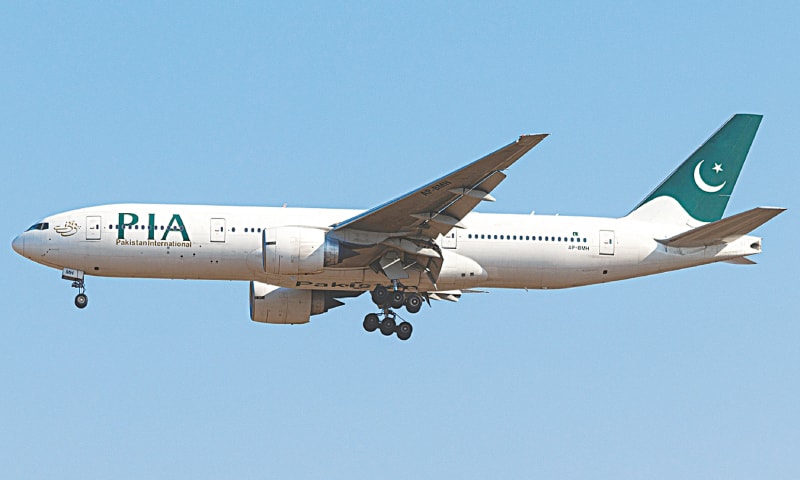The United Kingdom has officially lifted air safety restrictions on Pakistani carriers, paving the way for the possible resumption of direct flights between the two countries after a suspension that lasted over three years.
The decision comes after consistent efforts by the Pakistan Civil Aviation Authority (PCAA) to improve flight safety standards in line with international protocols. It follows a rigorous and independent evaluation by the UK’s Air Safety Committee, which confirmed that Pakistan had made substantial progress in addressing the safety issues that initially prompted the ban in 2021.
According to a statement from the British High Commission, Pakistani airlines have now been removed from the UK’s Air Safety List. However, the statement clarified that individual airline operators—such as Pakistan International Airlines (PIA)—will still need to apply for fresh operating permits through the UK Civil Aviation Authority (UK CAA) before resuming flights.
“This development represents a key milestone in restoring international confidence in Pakistan’s civil aviation framework,” the statement read.
British High Commissioner Jane Marriott welcomed the move and acknowledged the collaborative efforts between British and Pakistani aviation experts.
“I’m grateful to aviation experts in the UK and Pakistan for their collaborative work to drive improvements to meet international safety standards,” she said.
While flight operations may not resume immediately, she added that logistical preparations are underway. “Once the logistics are in place, I look forward to using a Pakistani carrier when visiting family and friends.”
The decision to de-list Pakistani carriers from the UK’s Air Safety List was not politically influenced. It followed an independent, technically-driven evaluation process, overseen by the UK’s Air Safety Committee, which had been closely engaging with the PCAA for several years.
Originally, the UK, along with the European Union Aviation Safety Agency (EASA), had suspended PIA and other Pakistani carriers due to serious concerns about pilot licensing and safety certifications. The ban was imposed after revelations that a number of pilots held dubious licenses, a scandal that shook public trust and tarnished the reputation of Pakistan’s aviation industry.
Now, the UK committee has determined that sufficient corrective measures have been implemented. These include improvements in pilot training, safety oversight, regulatory compliance, and transparent auditing practices, leading to Pakistan’s removal from the restricted list.
This move carries significant implications for the Pakistani diaspora and bilateral ties. With over 1.6 million people of Pakistani heritage living in the UK, direct flights are a crucial bridge for family connections, tourism, and business.
The British High Commission highlighted the emotional and economic benefits of the decision:
“Today’s announcement brings opportunities to make it easier for families to reunite,” the statement said.
The UK is Pakistan’s third-largest trading partner, with a bilateral trade volume of £4.7 billion. The ease in travel is expected to boost economic activity, facilitate trade delegations, and support business mobility between the two countries.
While the lifting of the ban is a major step forward, Pakistani airlines must still go through the regulatory process to secure flight permits. This includes route assessments, safety audits, and certification reviews by the UK Civil Aviation Authority.
Once approved, carriers like PIA could reintroduce direct flight routes to London, Manchester, and Birmingham, offering more affordable and convenient travel options compared to the current reliance on connecting flights via the Middle East or Europe.
The revival of direct routes would also create opportunities for cargo exports, particularly for textiles, pharmaceuticals, and food items—key sectors in Pakistan’s export economy.




